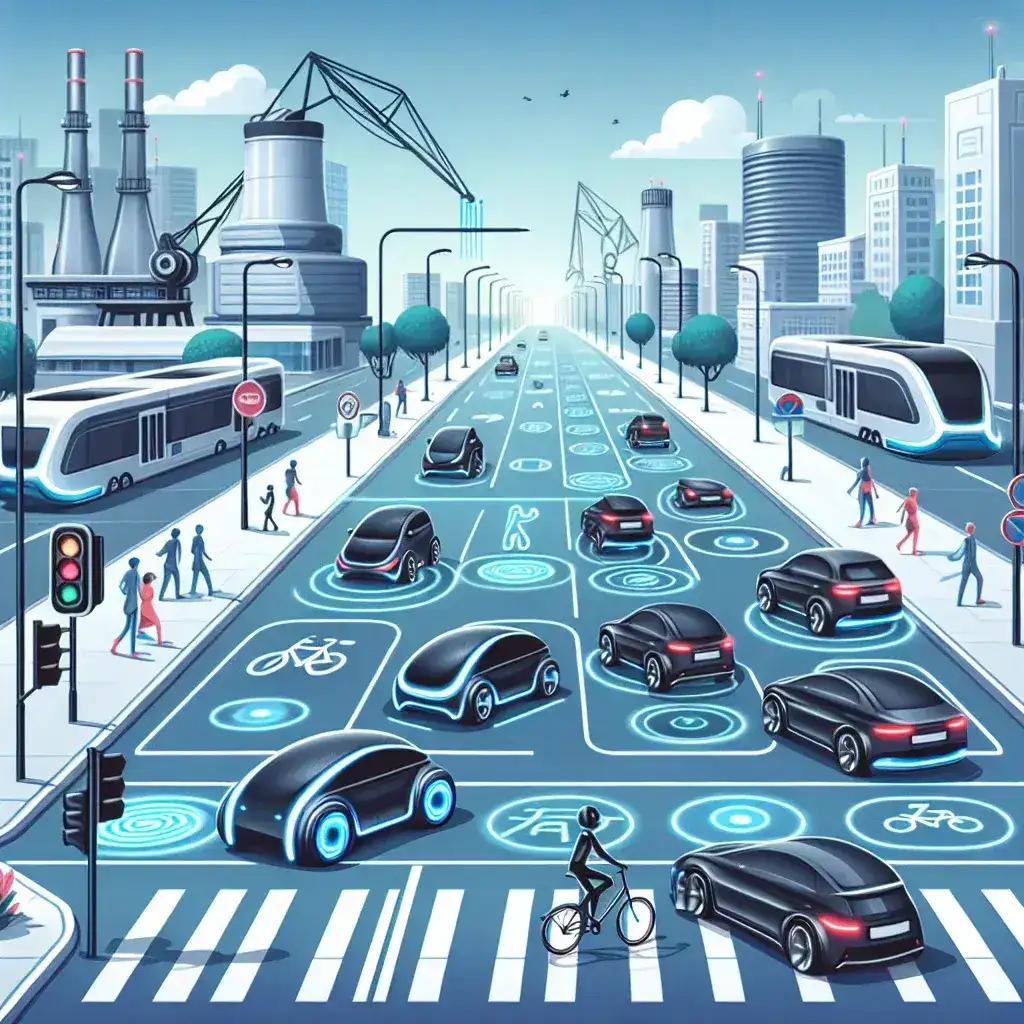The Rise of Autonomous Vehicles
Autonomous vehicles, also known as self-driving cars, are no longer a futuristic concept reserved for science fiction. With rapid advancements in artificial intelligence (AI) and sensor technologies, these vehicles are becoming a reality and are poised to revolutionize the auto industry.
Technological Advancements
Artificial Intelligence and Machine Learning
One of the primary drivers behind autonomous vehicles is artificial intelligence and machine learning. These technologies enable cars to perceive their surroundings, make informed decisions, and navigate complex environments. Machine learning algorithms continuously improve the vehicle’s performance by learning from vast amounts of data.
Sensor Technologies
Autonomous vehicles rely heavily on a range of sensors, including LIDAR, radar, and cameras, to detect objects, road conditions, and traffic signals. These sensors provide the cars with a 360-degree view of their surroundings, ensuring safe and efficient navigation.
Benefits of Autonomous Vehicles
Safety
Autonomous vehicles have the potential to significantly reduce accidents caused by human error, which accounts for the majority of traffic incidents. With precise control and quick decision-making, these vehicles can enhance road safety and save lives.
Accessibility
Self-driving cars can provide mobility solutions for individuals who are unable to drive due to age, disability, or other factors. This increased accessibility can lead to greater independence and quality of life for many people.
Traffic Efficiency
Autonomous vehicles can optimize traffic flow and reduce congestion through synchronized driving and real-time route adjustments. This not only saves time for commuters but also reduces fuel consumption and emissions.
Challenges and Considerations
Regulatory Hurdles
The widespread adoption of autonomous vehicles faces several regulatory challenges. Governments need to establish clear guidelines and standards to ensure safety and accountability. Navigating these regulations can be a complex process for automakers.
Ethical Dilemmas
Autonomous vehicles must be programmed to make ethical decisions in critical situations. Determining how to prioritize the safety of passengers, pedestrians, and other road users is a significant ethical challenge that requires careful consideration.
Cybersecurity Risks
With increased connectivity, autonomous vehicles are susceptible to cyberattacks. Ensuring robust cybersecurity measures is essential to protect the vehicle’s systems and data from malicious threats.
Future Implications
Economic Impact
The adoption of autonomous vehicles will have a profound impact on the economy. It will create new job opportunities in technology and data analysis while disrupting traditional industries such as freight transport and taxi services. The shift towards automation will require a workforce with new skill sets.
Urban Planning
The integration of autonomous vehicles into urban environments will influence city planning and infrastructure development. Reduced parking needs and optimized traffic flow could lead to reclaiming urban spaces for parks and pedestrian zones, enhancing the quality of life in cities.
Environmental Benefits
Autonomous vehicles have the potential to reduce greenhouse gas emissions through improved fuel efficiency and the adoption of electric and hybrid technologies. This green shift can contribute to global efforts in combating climate change.
Conclusion
Autonomous vehicles are set to revolutionize the auto industry with their advanced technologies and numerous benefits. While challenges remain, the potential for safer roads, increased accessibility, and economic and environmental gains make this an exciting frontier in automotive innovation. As we navigate the road ahead, the collaboration between technology, regulation, and society will be crucial in fully realizing the potential of autonomous vehicles.

